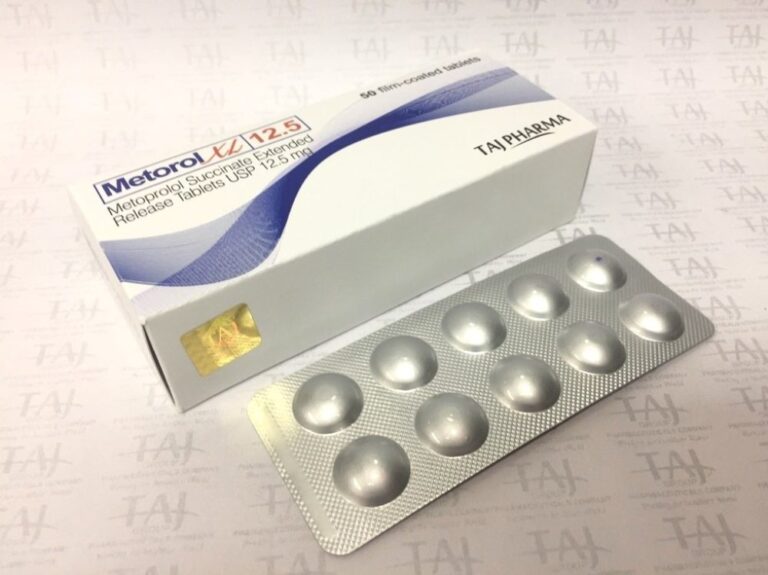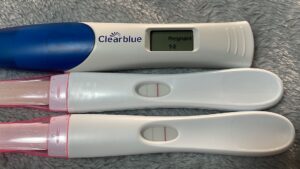Polycystic Ovary Syndrome, or PCOS, is a common condition that affects many women. It can cause various symptoms like irregular periods, weight gain, and even skin problems. For women dealing with PCOS, finding the right birth control can be essential. This article will explore the recommended birth control methods for PCOS, how they work, and why they may be helpful.
Understanding PCOS
PCOS is a hormonal disorder that affects women of reproductive age. It occurs when the ovaries produce too much androgen, which is a male hormone. This imbalance can lead to various symptoms, such as irregular menstrual cycles, excessive hair growth, acne, and weight gain. Some women with PCOS also develop cysts on their ovaries. While the exact cause of PCOS is not known, it is believed to be related to genetic factors and insulin resistance.
Women with PCOS often face challenges in managing their symptoms, and birth control can play a significant role in this management. Birth control methods can help regulate menstrual cycles, reduce hormonal imbalances, and improve skin conditions associated with PCOS.
Why Use Birth Control for PCOS?
Many women with PCOS struggle with irregular periods. This can make it difficult to predict when their next period will come, and it can lead to complications like endometrial hyperplasia (thickening of the uterus lining) over time. Birth control pills are often prescribed to help regulate the menstrual cycle, providing a more predictable and regular experience.
Additionally, birth control can help with other symptoms of PCOS. For example, hormonal birth control methods can reduce excessive hair growth and acne by lowering androgen levels. This is important for many women, as these symptoms can affect their self-esteem and quality of life.
Overall, using birth control can be an effective way to manage PCOS symptoms and improve a woman’s overall health.
Types of Recommended Birth Control for PCOS
There are several birth control options available for women with PCOS. Each method has its advantages and disadvantages, so it’s essential to discuss them with a healthcare provider. Here are some commonly recommended birth control methods for PCOS:
1. Birth Control Pills
Combination Pills
Combination birth control pills contain both estrogen and progestin. These pills are often the first-line treatment for women with PCOS. They help regulate menstrual cycles, lower androgen levels, and reduce acne and excessive hair growth. Many women find that taking combination pills leads to lighter and more regular periods, which can significantly improve their quality of life.
Progestin-Only Pills
Progestin-only pills, also known as the mini-pill, may be recommended for women who cannot take estrogen due to health concerns. These pills can also help regulate periods, but they may not be as effective in reducing androgen levels. Women should discuss their specific needs with a healthcare provider to determine which type of pill is best for them. Also read here: Best Birth Control for Polycystic Ovaries
2. Hormonal IUD
An intrauterine device (IUD) is a small, T-shaped device that is placed inside the uterus. Hormonal IUDs release progestin, which can help regulate periods and reduce heavy bleeding. The hormonal IUD can be a long-term solution, providing effective birth control for up to five years or more.
Women often appreciate this method because it requires little maintenance once it is in place. It can also help with PCOS symptoms by lowering androgen levels and providing a consistent hormonal balance. However, it is essential to consult with a healthcare provider to ensure this method is appropriate for individual circumstances.
3. The Birth Control Patch
The birth control patch is a small, sticky patch that releases hormones into the bloodstream. It is placed on the skin and changed weekly. Like combination pills, the patch contains both estrogen and progestin, helping to regulate menstrual cycles and reduce androgen levels.
Women may find the patch convenient because they do not have to remember to take a pill every day. However, it is essential to ensure that the patch is applied correctly and changed as directed.
4. Birth Control Ring
The birth control ring, also known as NuvaRing, is a small, flexible ring that is inserted into the vagina. It releases a combination of estrogen and progestin over three weeks, followed by a week without the ring for a period. The ring works similarly to the patch and pills, helping to regulate menstrual cycles and lower androgen levels.
Many women appreciate the convenience of the ring, as it can be placed once a month and does not require daily attention. However, like other hormonal methods, it may have side effects that should be discussed with a healthcare provider.
5. Depo-Provera Injection
Depo-Provera is a birth control injection that contains progestin. It is given every three months and helps regulate periods while lowering androgen levels. This method can be an excellent option for women who prefer not to take daily pills or use long-term methods like IUDs.
While many women find this method effective, some may experience side effects like weight gain or changes in their menstrual cycles. It is essential to discuss these factors with a healthcare provider to determine if this option is suitable for individual needs.
6. Implants
Birth control implants are small, flexible rods that are placed under the skin of the upper arm. They release progestin over three years, helping to regulate menstrual cycles and lower androgen levels. Implants are a convenient long-term option for birth control, as they require little maintenance.
Women should consult with their healthcare provider to discuss the benefits and potential side effects of this method. Implants may not be suitable for everyone, and understanding the options available can help in making informed decisions.
7. Non-Hormonal Options
Some women may prefer non-hormonal birth control methods, especially if they are concerned about hormonal side effects. These methods include condoms, diaphragms, and fertility awareness methods. While they may not directly address PCOS symptoms, they can provide effective birth control without hormones.
Women with PCOS should discuss these options with their healthcare provider to determine the best approach based on their individual health and lifestyle.
Choosing the Right Birth Control for PCOS
Selecting the right birth control for PCOS can feel overwhelming, but it’s essential to consider personal needs and preferences. Here are some factors to keep in mind when discussing options with a healthcare provider:
- Symptoms: Consider which symptoms of PCOS are most bothersome. If irregular periods are a concern, hormonal methods may be more beneficial. If acne or excessive hair growth is the primary issue, certain birth control methods can target those symptoms effectively.
- Health History: Discuss any health conditions or concerns with your healthcare provider. Some women may not be able to use estrogen-based methods due to health risks, while others may find progestin-only methods more suitable.
- Lifestyle: Consider your daily routine and preferences. Some women may prefer the convenience of a long-acting method like an IUD or implant, while others may feel comfortable using pills or patches.
- Side Effects: Be aware of potential side effects associated with each method. Hormonal birth control can cause side effects like weight gain, mood changes, or nausea. Understanding these factors can help in making an informed decision.
- Future Plans: Think about your future reproductive plans. If you plan to become pregnant soon, a non-hormonal method or one that is easily reversible may be best. Discuss these plans with your healthcare provider to find the most suitable option.
Lifestyle Changes to Manage PCOS
In addition to birth control, making certain lifestyle changes can help manage PCOS symptoms. Here are some recommendations:
1. Healthy Diet
Eating a balanced diet rich in whole foods can help manage insulin levels and promote overall health. Focus on incorporating fruits, vegetables, whole grains, lean proteins, and healthy fats. Avoiding processed foods and sugary snacks can also be beneficial.
2. Regular Exercise
Engaging in regular physical activity can help manage weight and improve insulin sensitivity. Aim for at least 150 minutes of moderate exercise each week, such as walking, jogging, or cycling.
3. Weight Management
For some women with PCOS, losing even a small amount of weight can help improve symptoms. Discuss weight management strategies with a healthcare provider or nutritionist for personalized guidance.
4. Stress Management
Stress can exacerbate PCOS symptoms, so finding ways to manage stress is essential. Consider incorporating relaxation techniques, such as yoga, meditation, or deep breathing exercises, into your routine.
5. Regular Check-ups
Regular check-ups with a healthcare provider can help monitor PCOS symptoms and overall health. Discuss any changes or concerns during these visits to ensure effective management of the condition.
Conclusion
In conclusion, choosing the right birth control for PCOS is essential for managing symptoms and improving overall health. There are several effective options available, including combination pills, hormonal IUDs, patches, rings, injections, and implants. Each method has its advantages and disadvantages, and it’s crucial to discuss these options with a healthcare provider.
In addition to birth control, making healthy lifestyle choices can help manage PCOS symptoms. By combining effective birth control with a balanced diet, regular exercise, and stress management, women with PCOS can take control of their health and lead fulfilling lives.













